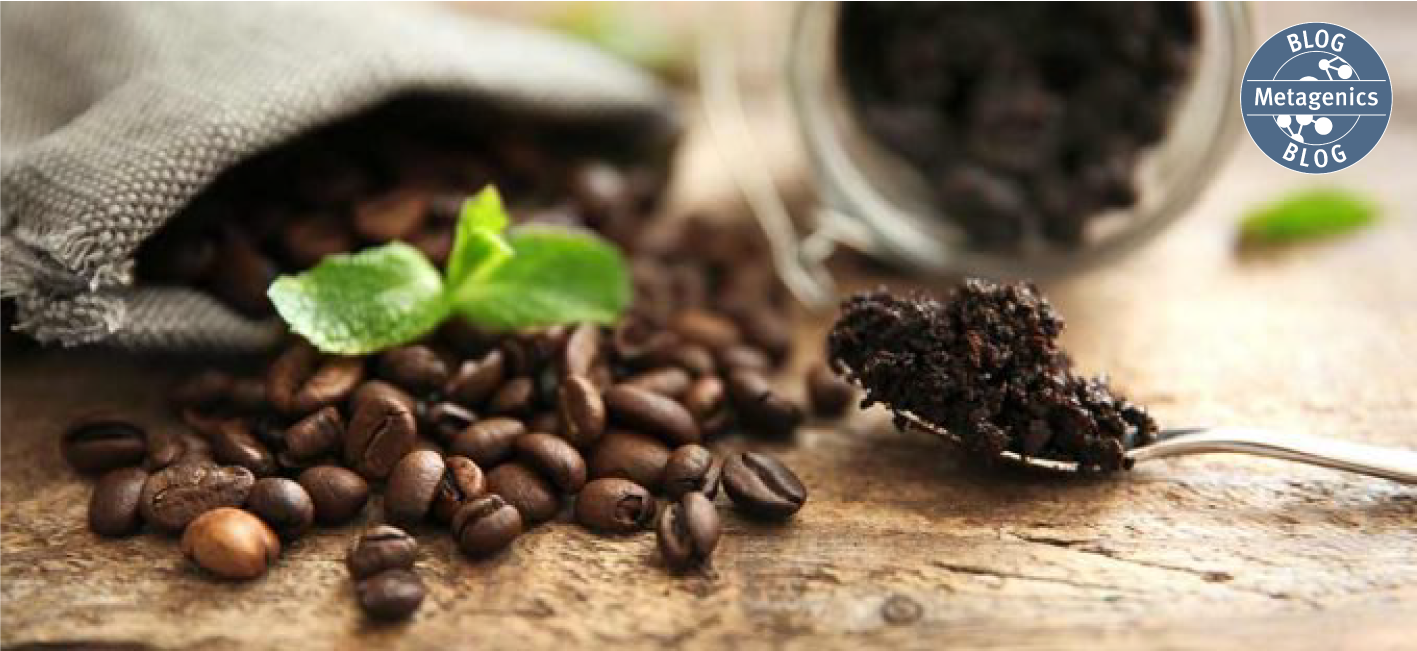|
By Robert Silverman, DC, DACBN, DCBCN, MS, CCN, CNS, CSCS, CIISN, CKTP, CES, HKC, FAKTR
If you’re a coffee drinker, you’re in good company. Visit any major coffee shop in the US or Europe and you’re bound to either wait in line or find every seat taken in the café. According to the International Coffee Organization, 151.3 million bags of coffee are consumed each year globally—and that number only continues to rise.1 As the most consumed beverage in the US (beating out even bottled water), coffee boasts a few other startling statistics, too. Coffee is the world’s most sprayed crop that humans consume, and the third-most sprayed agricultural crop, behind cotton and tobacco. Exposure to the synthetic pesticides and herbicides sprayed on non-organic coffee has harmful effects on your health—both in the short term and long term.2 What does this mean for the millions of people consuming coffee every day? And what can people do to protect themselves? Let’s take a closer look. What non-organic coffee brands don’t want you to know Coffee offers a variety of health benefits, such as antioxidant and anti-inflammatory effects. Yet most coffee drinkers probably aren’t aware of—and therefore don’t know to weigh—the negative effects of drinking non-organic coffee, namely those caused by synthetic pesticides. The Pesticide Action Network, a UK-based charity focused on promoting safe and sustainable alternatives to pesticides, reports that acute exposure to pesticides can be toxic to humans and can manifest as skin rashes, headaches, nausea, vomiting, lethargy, or allergic reaction.2 Long-term pesticide exposure and consumption has been linked to Parkinson’s disease, depression, anxiety, asthma, breast cancer, prostate cancer, decreased fertility, diabetes, and obesity.2 Furthermore, non-organic coffee wreaks havoc even before it reaches consumers. Coffee farms that spray pesticides also put their employees and local communities at risk. Farmers themselves are exposed to the harmful chemicals that linger in the air. Meanwhile, chemicals run into local water sources, polluting nearby communities’ drinking water. The takeaway here? Non-organic coffee isn’t good for those who drink it, farm it, or live near it. But you won’t find that on any food label. Why organic coffee is better for you Organic coffee, on the other hand, is grown and produced without the use of synthetic fertilizers or chemicals. Instead, it’s treated with organic fertilizers—like coffee pulp, chicken manure, or compost—and organic pesticides. Unlike non-organic coffee, most organic coffee is grown in the shade of lush forests. Why does that matter? Forested coffee farms sustain soil fertility, keep regional ecosystems alive, and handle unusual weather patterns better, making them a safer investment for farmers.3 From a health perspective, organic coffee is high in antioxidants, vitamins, and minerals, such as riboflavin, pantothenic acid, and niacin, as well as other nutrients like potassium, manganese, and magnesium.4 Coffee boosts the immune system and helps the body guard against disease. Moderate amounts of caffeine can also provide a natural energy boost. Organic coffee typically tastes better, too; growing in higher altitudes where it takes longer to develop results in a richer flavor many coffee drinkers can distinguish. By choosing organic coffee, you’re supporting the environment, sustainable farming methods, and avoiding unnecessary exposure to pesticides for your own health. The best type of organic coffee Have I sold you on switching to organic coffee yet? Good—now I’m going to do you one better: bio-dynamic coffee. Cultivated by a process called bio-dynamic agriculture, which views all parts of the farm as being interconnected, bio-dynamic coffee was the first type of organic coffee.5 Bio-dynamic coffee farming focuses on the health of the farm and and the integration of all its parts. To differentiate it from other organic farming practices, bio-dynamic coffee farming doesn’t allow outside materials to be brought onto the farm.5 Soil health, for example, is maintained only through nutrients produced from the compost prepared from materials grown or raised on the farm.5 Not only does this practice ensure every bean is organic, this method promotes bio-dynamic coffee as one of the few crops that preserves natural landscapes rather than destroys them.5 Sip on this If you plan to take your first sip of bio-dynamic or organic coffee black, go right ahead. If you take your coffee with the customary milk and sugar, there are a few more things you should know. When it comes to milk, I recommend skipping dairy and choosing an alternative nut milk like almond, coconut, or cashew—but be sure to choose one without large amounts of added sugar. Speaking of sugar, your best alternative for sweetening your coffee is monk fruit extract or coconut sugar. If you think you’ll have difficulty remembering what to avoid as you brew your organic coffee each morning, I use two acronyms as my guide—no GPS: Gluten, processed foods, and sugar; as well as no DNA: Dairy, nicotine, and artificial sweeteners. For those organic coffee drinkers who love the taste but would rather avoid the caffeine, I have some additional guidance to share. Some decaf coffee, even in organic form, may increase your LDL cholesterol levels.6 Studies have shown that the Robusta coffee bean is to blame, so when ordering decaf, be sure you’re drinking coffee made from Arabica beans.7 As a coffee drinker, you have a tremendous amount of choice. To make the biggest impact on your individual health, the health of those involved in the coffee farming industry, and the environment, choose organic. It’s a win-win-win. Robert G. Silverman, DC, DACBN, DCBCN, MS, CCN, CNS, CSCS, CIISN, CKTP, CES, HKC, FAKTR Dr. Robert G. Silverman is a chiropractic doctor, clinical nutritionist and author of Inside-Out Health: A Revolutionary Approach to Your Body, an Amazon number-one bestseller in 2016. The ACA Sports Council named Dr. Silverman “Sports Chiropractor of the Year” in 2015. He also maintains a busy private practice as founder of Westchester Integrative Health Center, which specializes in the treatment of joint pain using functional nutrition along with cutting-edge, science-based, nonsurgical approaches. Dr. Silverman is a seasoned health and wellness expert on both the speaking circuits and within the media. He has appeared on FOX News Channel, FOX, NBC, CBS, and CW affiliates as well as The Wall Street Journal and NewsMax, to name a few. He was invited as a guest speaker on “Talks at Google” to discuss his current book. As a frequent published author for Dynamic Chiropractic, JACA, ACA News, Chiropractic Economics, The Original Internist and Holistic Primary Care journals, Dr. Silverman is a thought leader in his field and practice. Dr. Silverman is a paid consultant and guest writer for Metagenics.
0 Comments
Leave a Reply. |
Categories
All
Archives
April 2024
|
|
Join Our Community
|
|
Amipro Disclaimer:
Certain persons, considered experts, may disagree with one or more of the foregoing statements, but the same are deemed, nevertheless, to be based on sound and reliable authority. No such statements shall be construed as a claim or representation as to Metagenics products, that they are offered for the diagnosis, cure, mitigation, treatment or prevention of any disease. |



 RSS Feed
RSS Feed